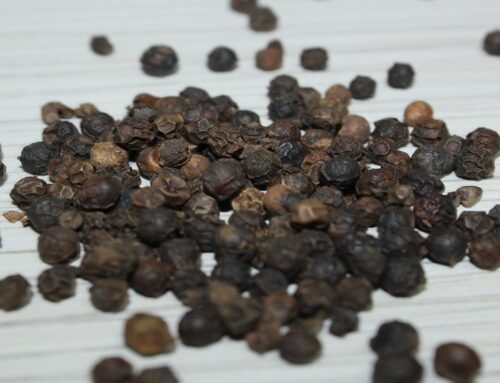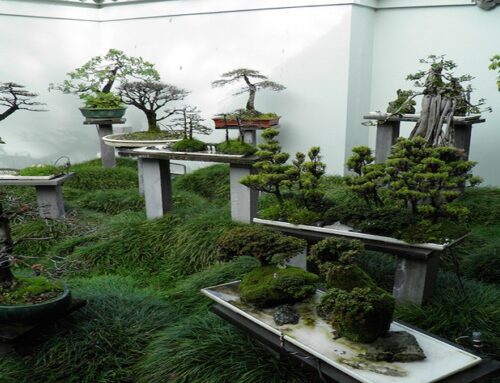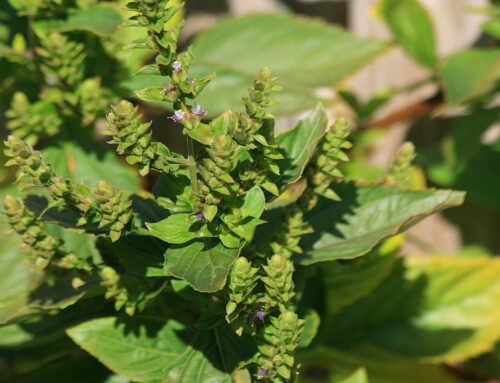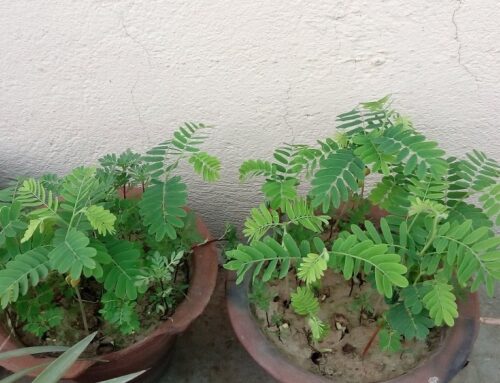Today the term ‘hydroponics’ has become synonymous with ‘soilless production of crop plants’ though the term itself means that it is water (‘hydro’ means ‘water’) that is at work (‘ponics’ means ‘labor’ or ‘work’). The term ‘hydroponics’ may seem to represent a sophisticated process but in reality, hydroponics is a simple process of crop production. The only difference of a hydroponics crop production from that of a traditional method is that hydroponics makes use of a nutrient solution as plant growing medium instead of soil.
Hydroponics under controlled environmental conditions (i.e. greenhouse hydroponics) is more successful than that of outdoor hydroponics. When higher yields per unit area and higher productivity per plant are desired, greenhouse hydroponics is preferred than outdoor hydroponics.
Hydroponics is based on the principle that plant growth in a traditional soil-based production system is not dependent on the soil rather dependent on the nutrients and moisture present in the soil. So if the plant nutrients and moisture required for the plant growth are provided through any other medium other than the soil, plants can still have a natural growth. So, in a hydroponics system, ideal nutrient and moisture requirements of the plants are fulfilled through a water culture or solution culture under ideal environmental conditions. In other words, hydroponics is soilless crop production system under controlled environmental conditions.
Growing Media
Different types of growing media like rockwool, vermiculite, perlite, etc may be used in a hydroponics system. However, most popular and highly recommended growing media are perlite, rockwool and expanded clay pebbles. This is because these media maintain a neutral pH always and do not alter the pH of nutrient solution used in a hydroponics system. Since pH of the nutrient solution has a strong influence on plant growth, a growing medium should be selected based on its pH reaction.
Perlite
Perlite, a porous growing medium derived from volcanic rocks, is available in the market as grow bags, i.e. thin plastics sleeves filled with perlite stones or as loose, white-coloured porous stones. Individual grow bags are used as such to grow individual plants.
Rockwool
Rockwool, a fibrous growing medium derived from basalt rocks, is available in the market as rockwool cubes (Figure 1) or as rockwool slabs (Figure 2). Rockwool cubes are used for propagation purposes while rockwool slabs are used for transplanting and vegetative growing purposes.
Expanded Clay Pebbles: Expanded clay pebbles are available in the market as loose clay stones. Clay pebbles are highly recommended in ‘ebb and flow’ hydroponics systems because of their high degree of capillary action and neutral pH.
We regularly publish informative videos on various “Food, Agriculture, Gardening and Horticulture” topics. You may view these videos here…
You may also check out our Digital Publishing Services for Food, Agriculture, Gardening and Horticulture Sector by visiting this link







Leave A Comment
You must be logged in to post a comment.